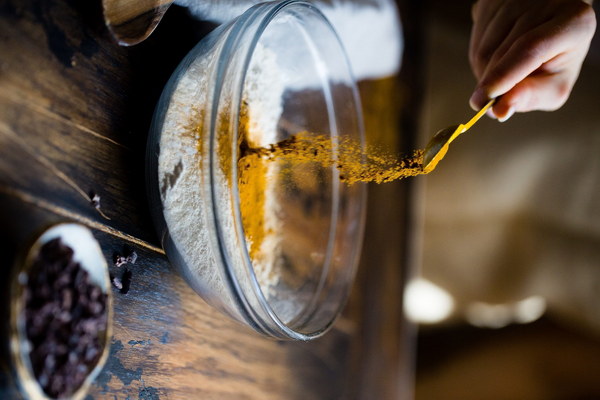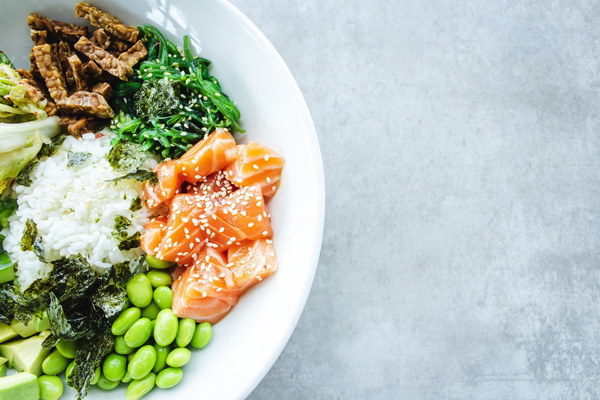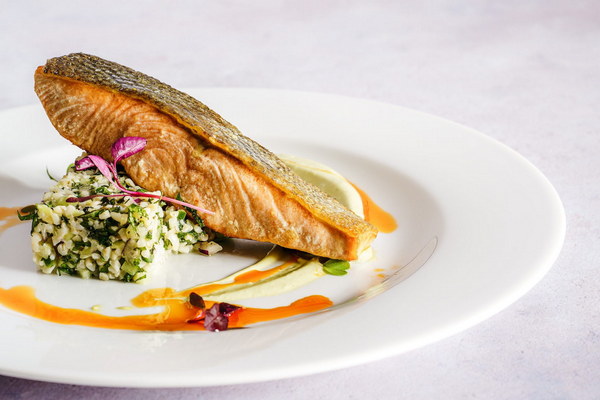Navigating the Dos and Don'ts of TCM for Cold-Body Syndrome A Comprehensive Guide
Introduction:
Cold-body syndrome, also known as cold constitution in Traditional Chinese Medicine (TCM), refers to a condition where an individual experiences persistent coldness in their body, especially in the extremities such as hands, feet, and abdomen. This condition can be attributed to various factors, including genetics, lifestyle, and diet. To effectively manage and alleviate the symptoms of cold-body syndrome, it is crucial to be aware of the dos and don'ts in TCM. This article provides a comprehensive guide on how to navigate the dos and don'ts of TCM for cold-body syndrome.
Dos:
1. Follow a warm and balanced diet:
Incorporate warm, nourishing, and easily digestible foods into your diet. This includes foods like roots, tubers, and grains, such as sweet potatoes, carrots, millet, and oats. These foods help to warm the body and boost its energy. Additionally, consume foods rich in vitamins and minerals to strengthen your immune system.

2. Opt for gentle exercise:
Engage in mild, low-intensity exercises that promote blood circulation and warmth. Activities such as walking, tai chi, or qigong are excellent choices. These exercises help to improve your overall energy levels and combat the coldness in your body.
3. Use herbal remedies:
TCM offers various herbal remedies that can help alleviate the symptoms of cold-body syndrome. Consult with a TCM practitioner to determine the most suitable herbal formula for your condition. Common herbs used in treating cold-body syndrome include cinnamon, ginger, and astragalus.
4. Practice self-massage:
Self-massage can help improve blood circulation and warm up the body. Focus on massaging the areas where you experience the most coldness, such as the abdomen, hands, and feet. Use gentle, circular strokes and incorporate warming oils or balms to enhance the effectiveness of the massage.
5. Maintain a warm environment:
Keep your living space warm and comfortable. Use blankets, warm clothing, and heating devices to create a cozy atmosphere. Avoid drafts and cold surfaces that can exacerbate your cold-body syndrome.
Don'ts:
1. Avoid cold, raw, and damp foods:
Cold, raw, and damp foods can exacerbate the symptoms of cold-body syndrome. These include cold fruits and vegetables, cold beverages, and foods that have been improperly stored or prepared. Opt for steamed, cooked, or warm foods instead.
2. Stay away from excessive caffeine and alcohol:
Caffeine and alcohol can deplete your body's energy and weaken its ability to regulate temperature. Reduce or eliminate the consumption of these substances to prevent further aggravation of your condition.
3. Avoid excessive stress and overexertion:
Stress and overexertion can lead to a weakened immune system and exacerbate the symptoms of cold-body syndrome. Practice relaxation techniques such as meditation, deep breathing exercises, and yoga to manage stress levels.
4. Do not expose yourself to extreme temperatures:
Avoid exposing yourself to extreme cold or hot temperatures, as these can shock your body and worsen your symptoms. Dress appropriately for the weather and seek shelter in cold or hot weather conditions.
Conclusion:
Navigating the dos and don'ts of TCM for cold-body syndrome is essential for managing and alleviating the symptoms of this condition. By following the dos and avoiding the don'ts mentioned in this article, you can promote warmth and balance within your body, leading to improved overall health and well-being. Always consult with a TCM practitioner for personalized advice and treatment.









